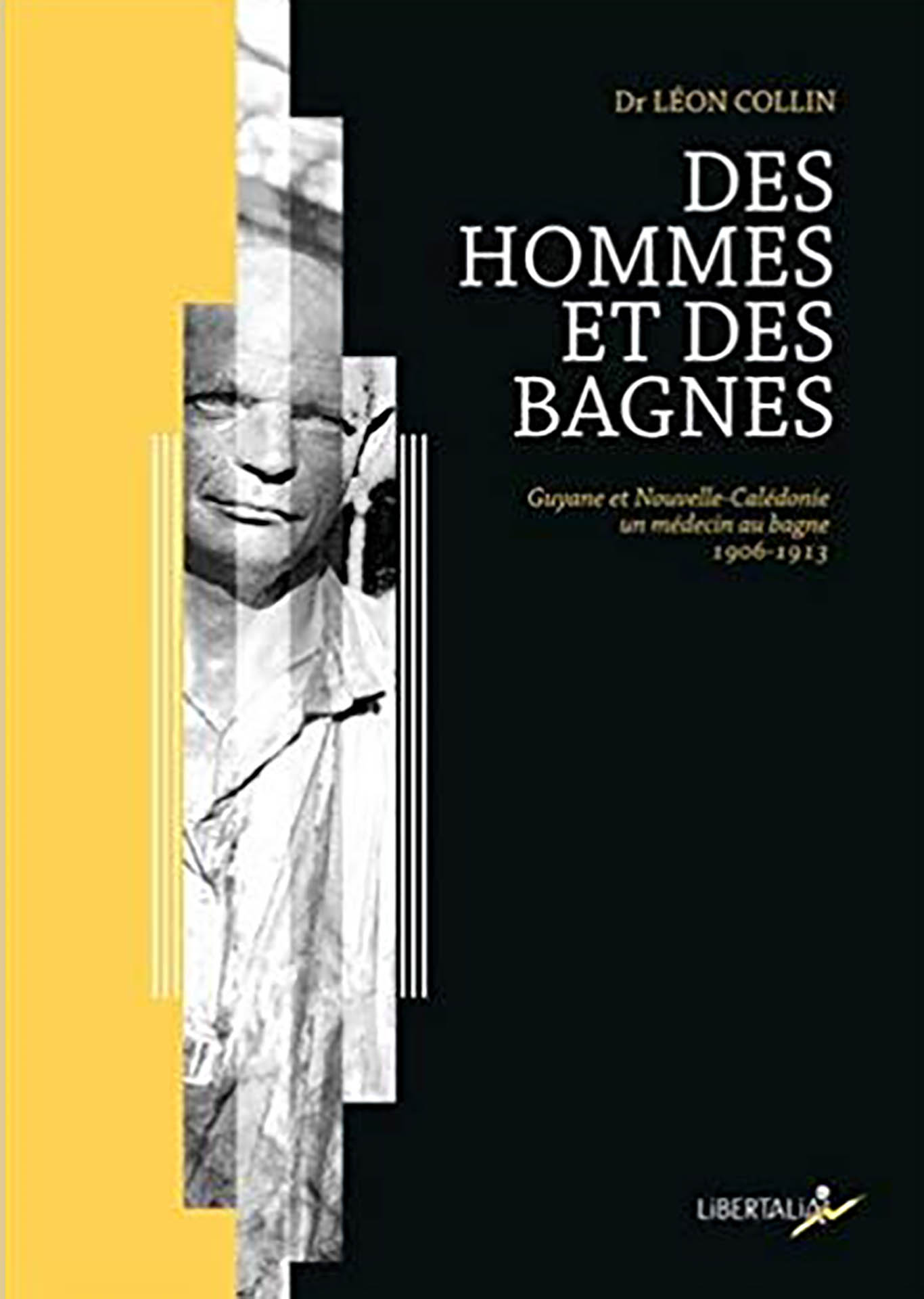Léon COLLIN


This post is also available in:
 French
French
Léon Collin is dead in 1970. He crawled through the mud of trenches; he lived the defeat of 1940 and the occupation; he went across all the seas of the world and almost the whole French empire where the sun never sets. When he comes to French Guiana in 1907, he is 27. He then spends three years in New Caledonia between 1910 and 1912. However, nothing could predict that this young doctor of the colonial army, a man of his time, a bit reactionary but deeply humanist, will face the horror of the penal colony. Who would guess that this experience will scar this son of a wine merchant for life?
Found by his grandson Philippe Collin at the loft of the family house, the two notebooks including 146 stunning photographs trace the years which the young doctor had spent near the convicts in French Guiana and later in New Caledonia from 1907 to 1912.
The French media of the Belle Époque and the interwar period published only few fragments of the notes of Dr. Léon Collin. The two notebooks tracing his experience are however an important and completely unique historical document about the open air prisons of the colonial France and about the criminals who were wanted to be sent far away from the metropoly. A notebook and a camera make the simple travel memories of the young doctor denounce the reality which is hard to tell, to see and to feel. From French Guiana to New Caledonia, penal colony means death, pain and defeat of a whole repressive and carceral policy. Long before Albert Londres and, first of all, at the time when the prison administration reigns supreme over these overseas territories, Léon Collin shows the ways of existence of the “punished people”. People… and the penal colonies, an incredible gallery of portraits, of celebrities (Manda, Ullmo, Soleilland etc.) and crowds of nameless persons as well. The beauty of these exotic places is breathtaking. However, as stated by the lawyer Mireille Maroger in 1937, “people made this paradise the hell”. Between 1854 when the penal colonies were officially established and 1938 when the last prisoners were sent out there, there were more than 100,000 people run this shore of the great punishment.
The photographic collection of doctor Léon Collin was acquired by the Nicéphore-Niepce Museum. The photographs are planned to be exhibited in French Guiana and then in New Caledonia.


